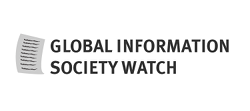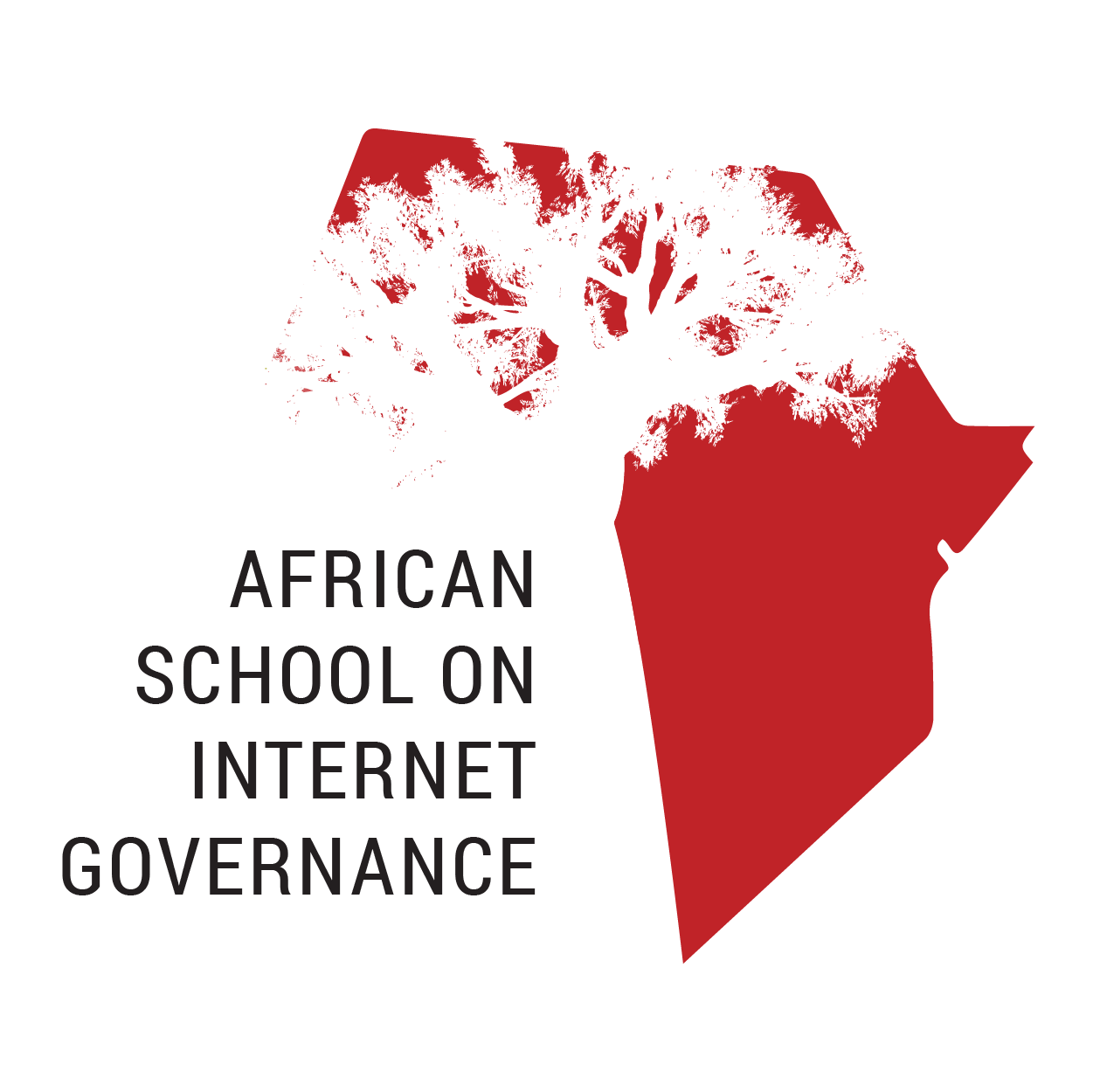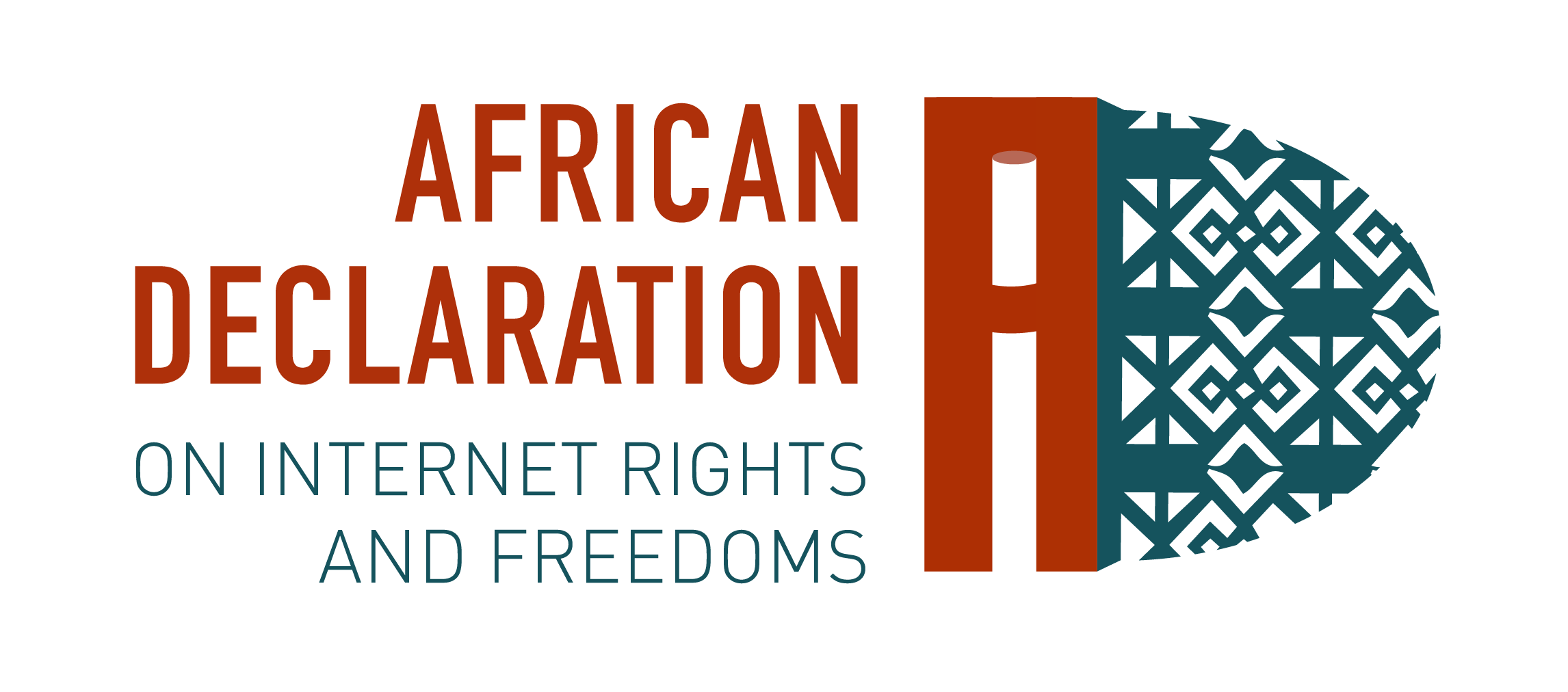Listen to the vision for the next ten years of APC from our individual member Mitra Ardron from the United States and Australia, who envisions APC taking a leading role in ensuring everyone has access to the internet in the next ten years.
Listen to the vision for the next ten years of APC of our individual member Vera Vieira from Brazil who envisions APC continuing to foster a strong network in the fight towards a more equitable and peaceful world.
From 2016 to 2019, we worked for the APC community of members, allies and partners to be strengthened as a network and to work collaboratively to use the internet and ICTs for social and environmental justice, gender equality and sustainable development. How far did we get? Check it out!
 Connecting the Unconnected: Supporting community networks and other community-based connectivity initiatives
Connecting the Unconnected: Supporting community networks and other community-based connectivity initiatives
This project will contribute to an enabling ecosystem for the emergence and growth of community networks and other community-based connectivity initiatives in developing countries. It is part of a multi-year, multi-donor strategy envisaged to address the human capacity and sustainability challenges, along with the policy and regulatory obstacles, that limit the growth of community-based connectivity initiatives.
 Challenging hate narratives and violations of freedom of religion and expression online in Asia
Challenging hate narratives and violations of freedom of religion and expression online in Asia
This project seeks to protect and promote respect for freedom of religion and expression on the internet, particularly by countering hate speech online on the basis of religion, and generating narratives and discourse that defend secular and diverse opinions touching upon religion. The three-year project focuses on five countries in South and Southeast Asia: Bangladesh, India, Indonesia, Myanmar and Pakistan.
 FIRN: Feminist Internet Research Network
FIRN: Feminist Internet Research Network
The Feminist Internet Research Network is a three-and-a-half-year collaborative and multidisciplinary research project led by APC, funded by the International Development Research Centre. The project draws on the study “Mapping research in gender and digital technology”, and the Feminist Principles of the Internet collectively crafted by feminists and activists, primarily located in the global South.
Global Information Society Watch (GISWatch) is an annual report co-produced by the APC network and partners, which looks at the progress being made in creating an inclusive information society worldwide (particularly in implementing WSIS goals), encourages critical debate, and strengthens networking and advocacy for a just, inclusive information society.
Digital technology has potential to improve energy efficiency (and other processes as well), which could contribute to a lower carbon future, but it’s also the fastest growing source of energy consumption (and so carbon emissions in the world today) – as well as one of the fastest growing sources of pollution.
The need for connectivity and digital infrastructure has become as important as food, housing and clothing to be able to access information, healthcare, education and government schemes
It’s the end of this strange COVID Northern summer / Southern winter. Time for this blog for APC to resume its weekly exploration ‘Inside the Digital Society’.
Columns

David Souter writes a weekly column for APC, looking at different aspects of the information society, development and rights. David’s pieces take a fresh look at many of the issues that concern APC and its members, with the aim of provoking discussion and debate. Issues covered include internet governance and sustainable development, human rights and the environment, policy, practice and the use of ICTs by individuals and communities.
The Foundation for Media Alternatives, in collaboration with the Association for Progressive Communications and the Cyrilla Collaborative, is proud to share, “Unshackling Expression: The Philippines Report.”
Amnesty International India announced that it is halting its work in the country after the Indian government froze its bank accounts in an act of reprisal for the organization’s human rights work.
The Collaboration on International ICT Policy for East and Southern Africa (CIPESA) has released a new report which shows that several telecom companies in Sub-Saharan Africa have failed to meet their obligations to provide information and services to persons with disabilities.
The APC Impact Report 2016-2019 encapsulates the APC network's high level impact over the four years of our strategic cycle, which ended in 2019. While the report looks back at our work, it also brings us forward through the strategic direction that we set for ourselves in the next four years.
The "Pilot Mentoring Project to Develop Community Networks in South Africa" was implemented from October 2019 to April 2020 in the field by Zenzeleni Networks NPC, through an agreement between APC and the UK Government's Digital Access Programme. What follows is part of our effort to capture the ...
Based on recent changes in the telecommunications industry, this paper analyses solutions for the expansion of the telecommunication operator ecosystem.
APC considers the 45th Human Rights Council sessions an important opportunity to discuss country situations of concern, to review how states are complying with their human rights situations and to influence the setting up of international standards in the area of human rights online.
APC is alarmed by reports of Facebook India’s failure to apply its community standards to the perpetrators of hate speech on its platform, and calls for immediate and concrete steps to eradicate hate from the platform and move towards securing the rights and safety of all users.
























